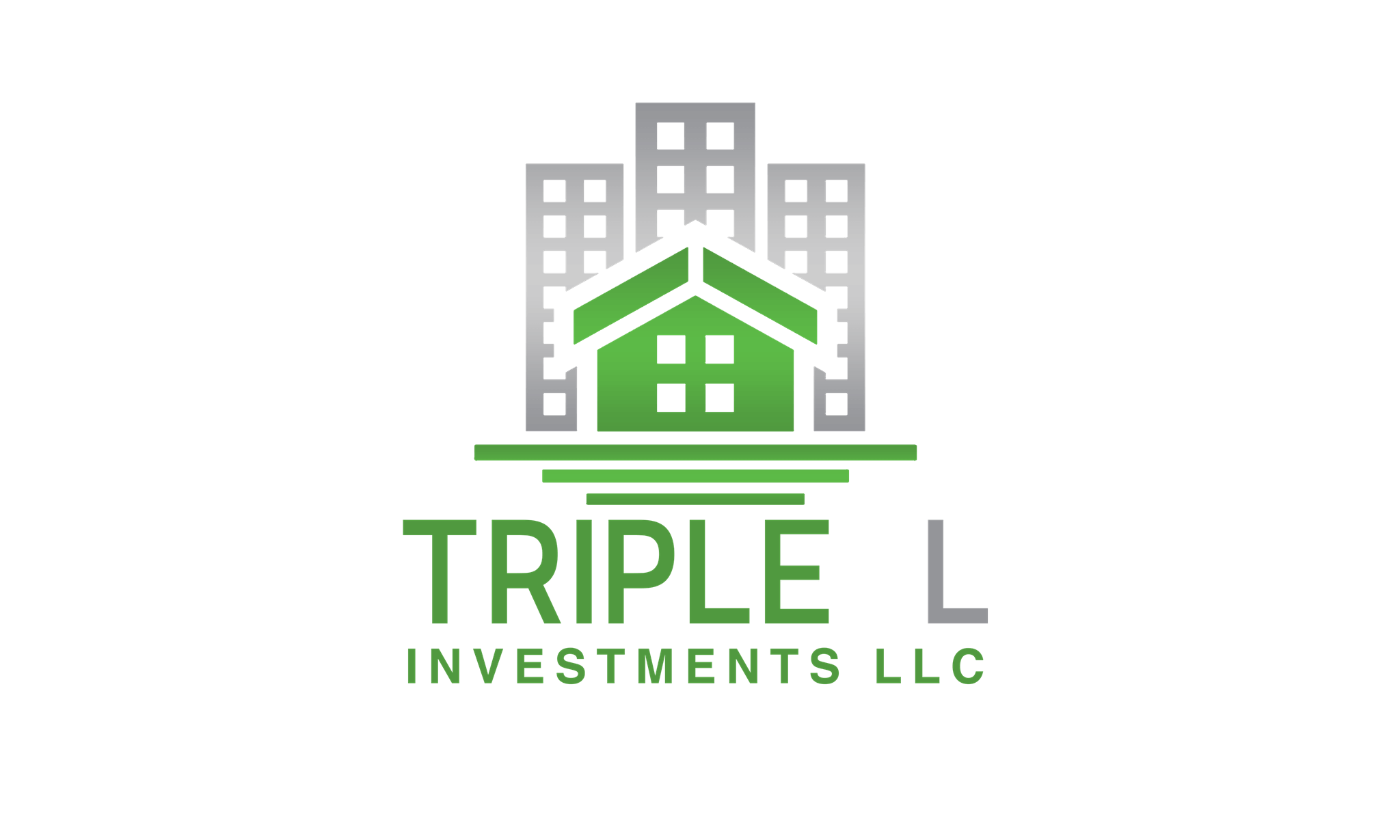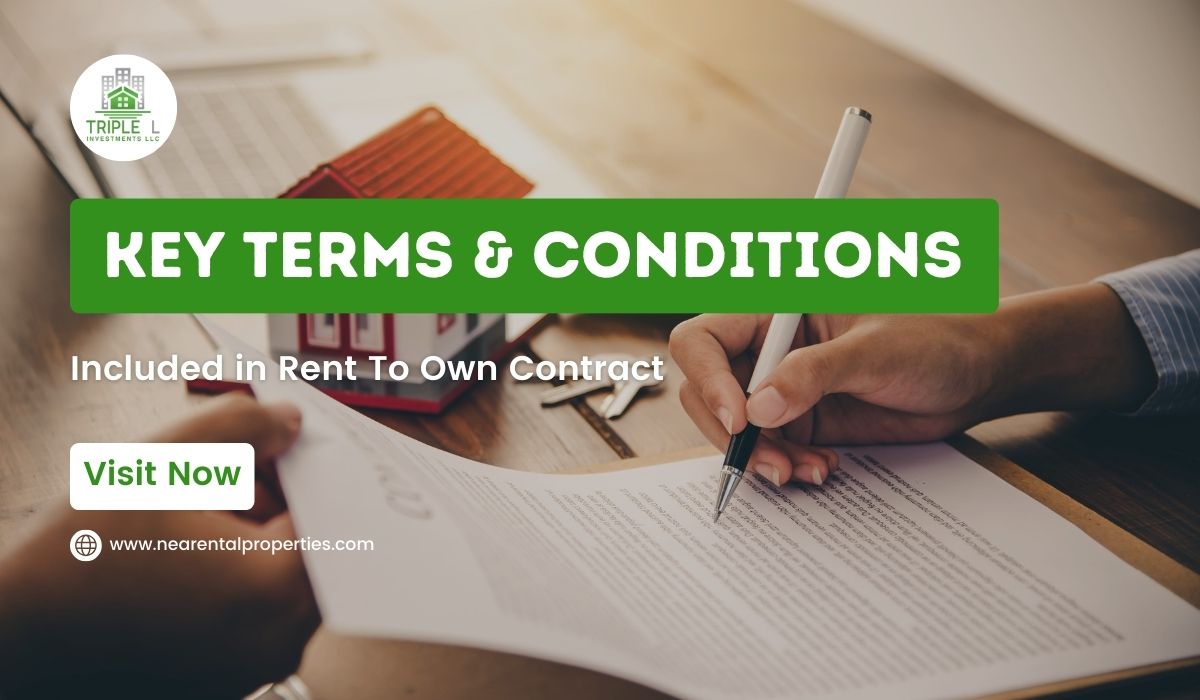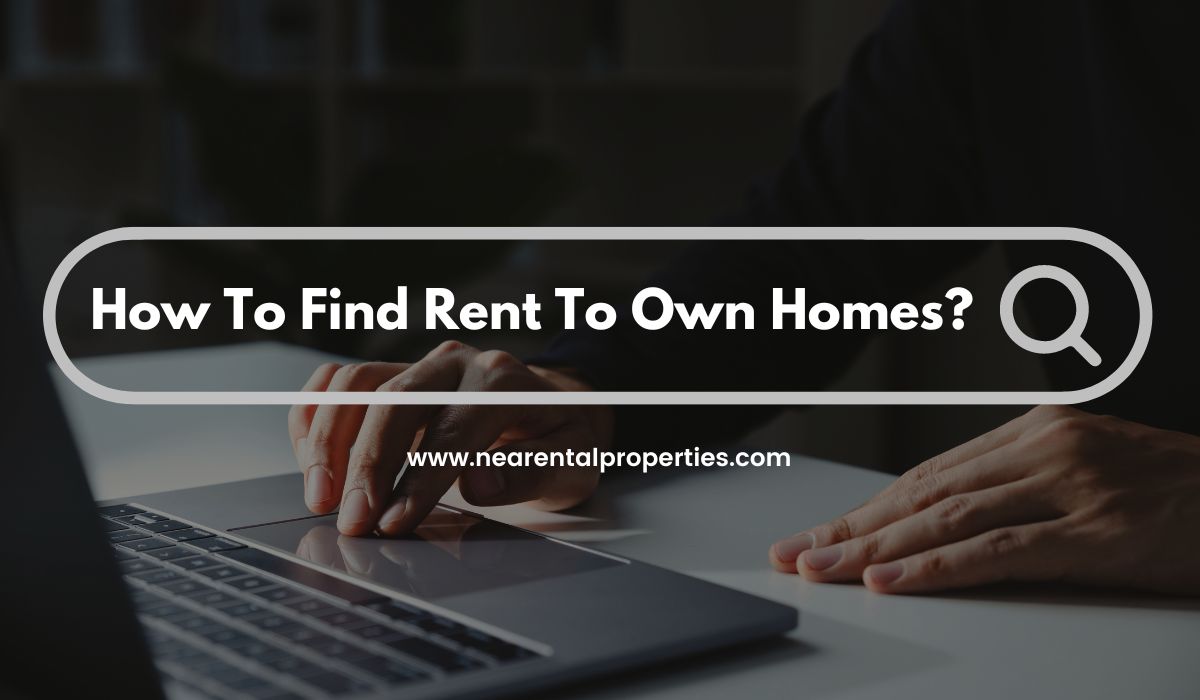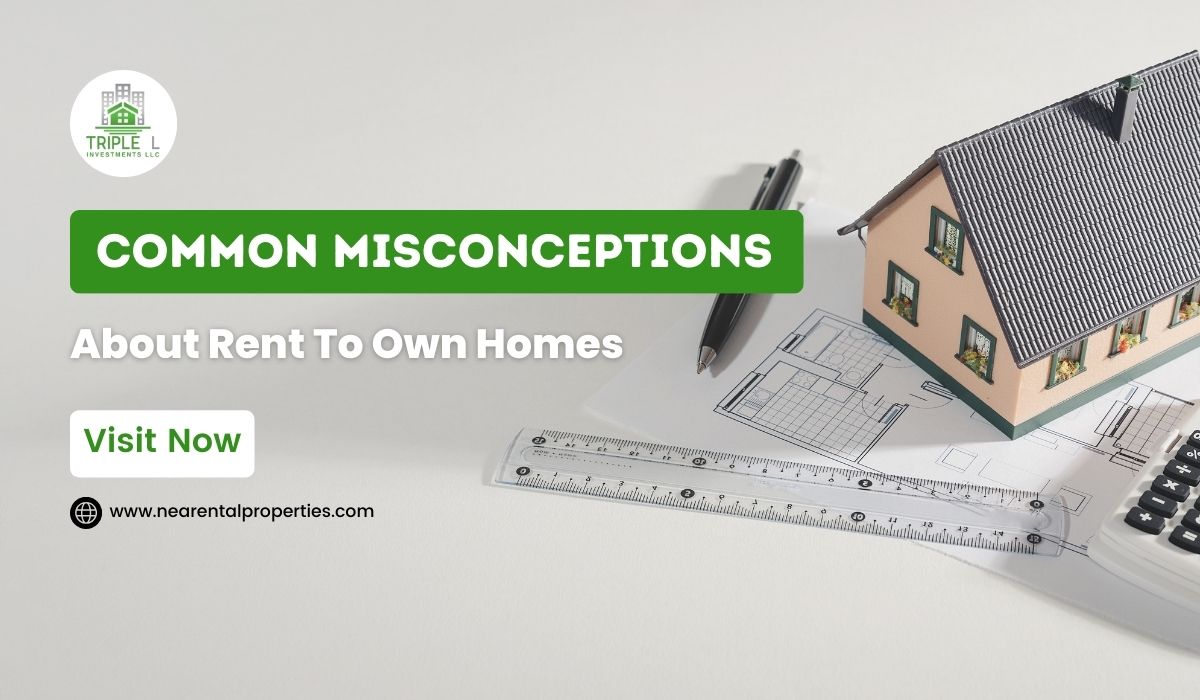Rent-to-own homes offer a unique and beneficial path to homeownership for those with home-buying challenges. This novel idea lets residents lease a property and own it later.
Financial flexibility is a major benefit of rent-to-own properties. Rent-to-own arrangements let people become homeowners without a big down payment by building equity through rent payments. They also allow tenants to explore multiple houses and neighborhoods to find a better fit for their lifestyle.
Rent-to-own arrangements also allow people with bad credit to repair their credit over time, improving their chances of getting a mortgage and becoming homeowners.
Benefits Of Rent To Own Homes
Here are some advantages of it:
Chances to Build Equity:
Rent-to-own residences provide tenants with the opportunity to accumulate equity progressively. Rent-to-own agreements, unlike traditional renting, frequently incorporate rent credits.
Tenants’ monthly payments provide the landlord with equity and credit toward the eventual purchase of the property. These credits apportion a fraction of the monthly rent towards the future acquisition of the property. This enables tenants to gain ownership with each payment.
Furthermore, as tenants meet their lease obligations and make timely payments, they acquire a financial interest in the property. Through the utilization of rent-to-own arrangements, tenants can actively pursue homeownership while concurrently accumulating equity in their selected property.
Accumulation of Rent Credit:
Under a rent-to-own agreement, tenants frequently have the chance to amass rent credits over the lease term. A fraction of their rental payments go towards the eventual purchase cost.
Paying rent on time can accumulate rent credits, which are then available for use as savings towards a property purchase. Rent credits give tenants a tangible financial advantage, enhancing their ownership stake while renting.
Furthermore, rent credits motivate tenants to meet their financial responsibilities as outlined in the lease agreement, strengthening their aversion to ultimately buying the home. Rent-to-own arrangements are generally valuable because tenants can accumulate rent credit while renting, allowing them to progress toward ownership.

Potential for Customization:
Tenants can customize and modify their rent-to-own properties according to their tastes and requirements. A rent-to-own tenant has more freedom to modify or improve a property than a standard rental agreement with tighter restrictions.
Painting walls or installing new fixtures are superficial alterations while enhancing the kitchen or remodeling the bathroom is more substantial. By customizing their living area, tenants can enhance their overall happiness and sense of ownership. By enhancing the property, the value may gradually increase, ultimately benefiting tenants who exercise their purchase options.
Stability in the Housing Market:
Rent-to-own homes improve housing stability, giving residents a sense of security and routine. Signing a lease for a set period gives tenants the exclusive right to buy the property in rent-to-own agreements.
By renting instead of regular renting, residents maintain a stable housing situation and feel more part of a community. Knowing that they may eventually buy the property may increase their dedication and pride in maintaining it. Rent-to-own arrangements improve housing stability, making living more secure and enjoyable.
Ownership Boost:
Rent-to-own renters put time, effort, and resources into maintaining and enhancing the property, which increases their ownership. Unlike regular renters, rent-to-own residents care about the property’s upkeep and condition. Ownership strengthens ties to the property and community, instilling pride and responsibility.
Knowing they can become homeowners may drive tenants to make modifications to improve their living experience and increase the property’s value. For rent-to-own tenants, this increased sense of ownership makes their home experience more enjoyable.
Getting a Tax Break:
Tenants of rent-to-own homes may receive tax advantages. It may be possible for tenants to deduct property taxes and mortgage interest even though they are renters. Home upgrades and repairs undertaken during rental may also be tax-deductible. For homebuyers looking to maximize tax savings while moving toward homeownership, rent-to-own agreements are an attractive alternative. However, tenants must consult a tax expert or accountant to understand their rent-to-own tax implications and deduction eligibility.
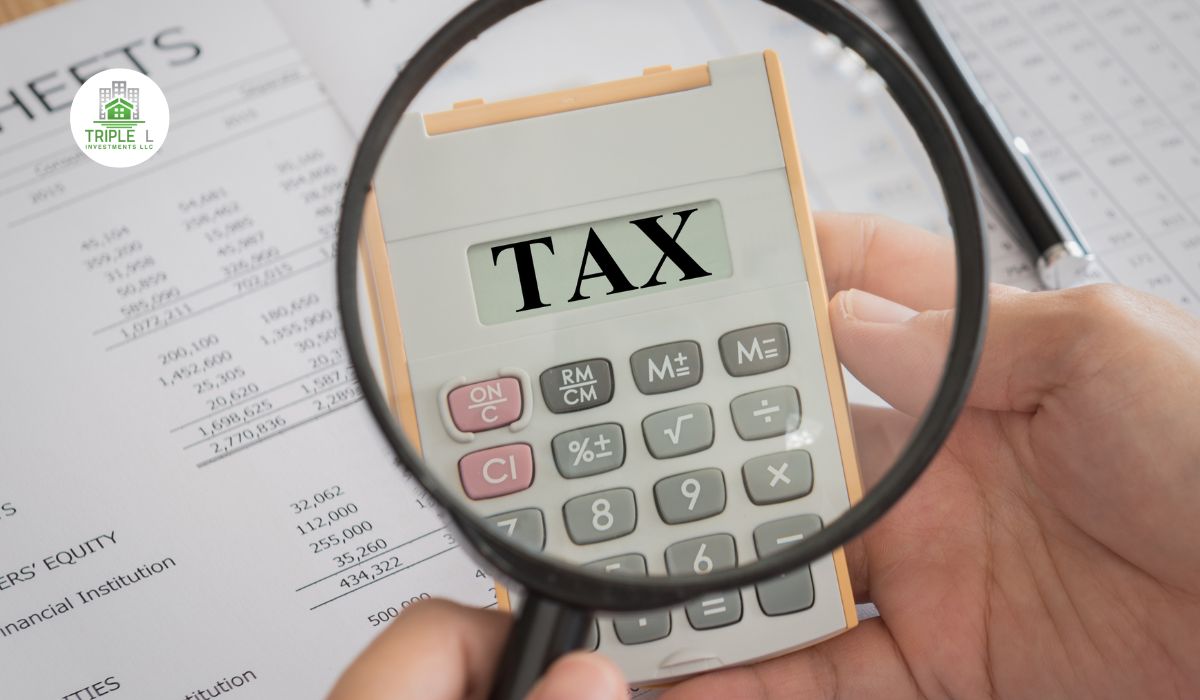
Managing Rapid Market Changes:
Rent-to-own tenants can lock in a purchase price at the start of the lease, stabilizing them from real estate market swings. By setting a fixed purchase price, tenants can avoid rapid property value increases that could raise purchasing prices later. Stability and financial predictability provide tenants with peace of mind and confidence to plan for homeownership. By buying the property before the market changes, tenants can save money, making rent-to-own arrangements a strategic housing alternative.
Selection Process for Homes:
Rent-to-own tenants can choose a home that meets their needs and preferences through the customizable home selection process. Rent-to-own agreements provide more properties than regular renting agreements. Tenants can browse neighborhoods, home types, and amenities before choosing. This approach allows tenants to take their time and carefully evaluate each potential house to ensure it fulfills their location, size, layout, and feature requirements. Active participation in the selection process sets the stage for a pleasant homeownership experience.
Early Purchase Option:
Rent-to-own tenants can buy the property before the lease ends. If tenants want to buy the property sooner than expected, this provision lets them do so. Tenants can take possession of their home early if they use the option for early property purchase. Early purchase options may also allow tenants to take advantage of market or financial changes. Early property buying gives tenants options and empowerment to become homeowners.
Details of Lease Agreements:
Rent-to-own tenants and landlords must understand lease terms. Renters should read the lease to understand their rights, responsibilities, and obligations. This covers rent, maintenance, option fees, purchase price, and termination conditions. The lease agreement must explicitly state the rent-to-own provisions, including the option fee, purchase price, and rent credits. Both parties should clarify unclear clauses and make sure the agreement meets their needs. Understanding lease agreement specifics helps tenants and landlords avoid problems and negotiate the rent-to-own process.
Frequently Asked Questions
For individuals facing barriers to home ownership, rent-to-own homes offer financial flexibility, equity-building possibilities, and a path to homeownership.
The rent-to-own agreement allows tenants to become homeowners while renting gradually.
Rent-to-own agreements allow tenants to explore different options before deciding on a property and neighborhood.
Rent-to-own agreements can contribute to improving credit over time if timely rent payments are made.
In comparison to traditional home purchases, rent-to-own homes tend to require lower upfront costs and allow you to build equity over time.
The concept of rent-to-own combines elements of leasing and buying, allowing tenants to lease a property with the option of buying it later on.
A rent-to-own tenant may be eligible to deduct mortgage interest and property taxes, depending on the jurisdiction and individual circumstances.
Rent credits and the option fee are typically forfeited if tenants do not purchase the property.
Rent-to-own agreements are legally binding contracts that outline both parties’ responsibilities and rights.
